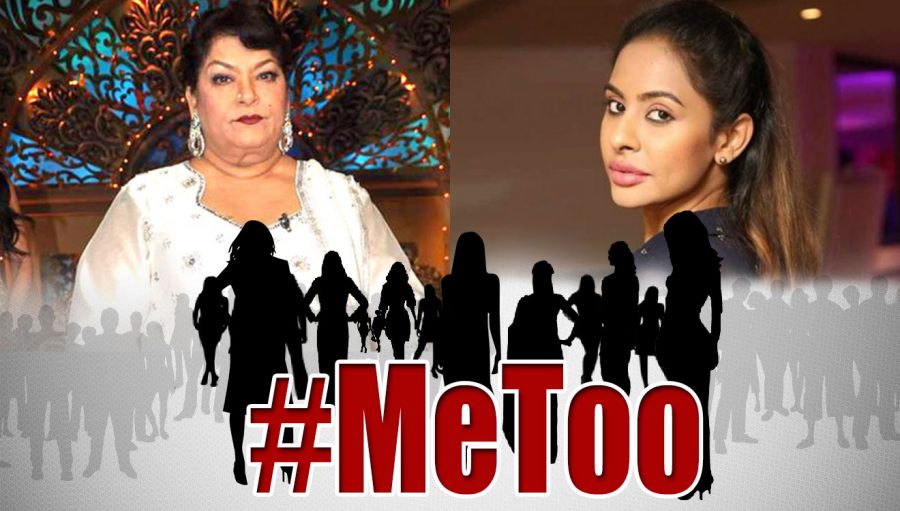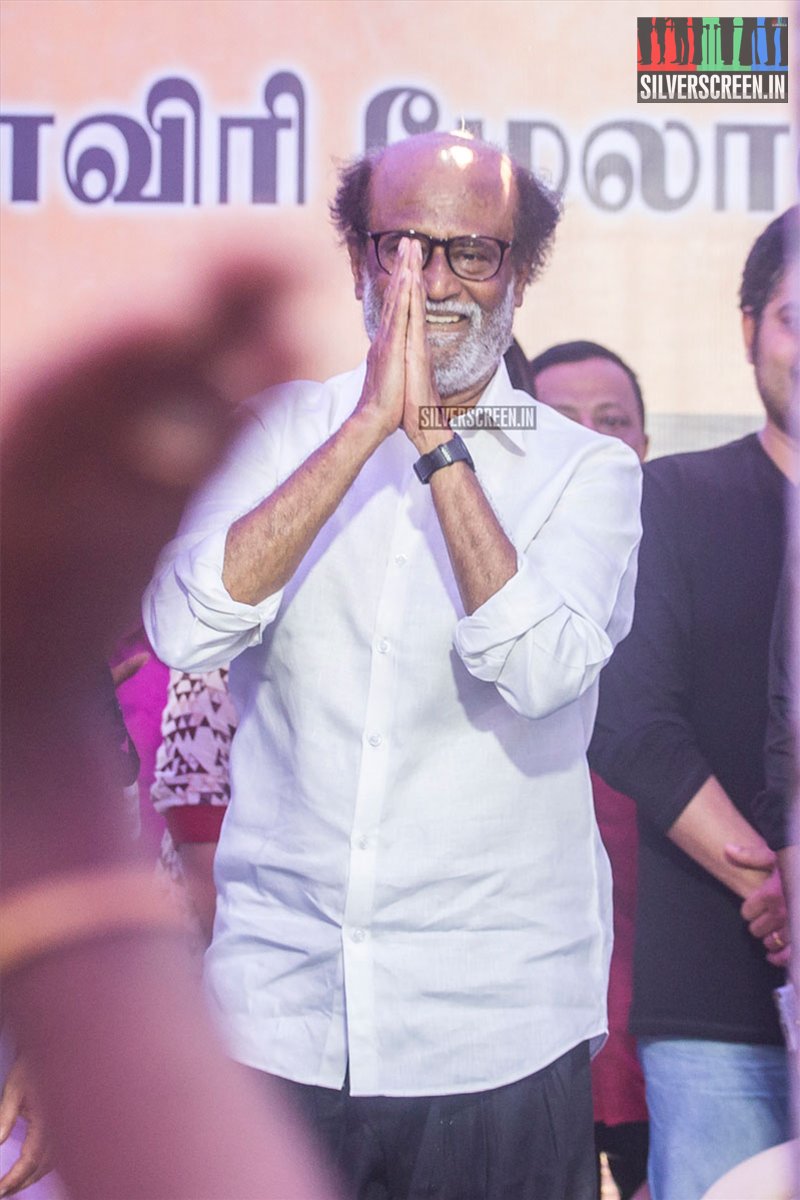Movements like #MeToo, #TimesUp that have germinated on social media are extremely gratifying for armchair activists. Tweet with the relevant hashtag, change the display picture to a black square and, voila, there is a smug satisfaction that you have made a significant contribution to a movement. And whoever you don’t agree with, lynch them right there. Remember when, not so long ago, well-meaning Swara Bhasker and Kareena Kapoor demanded justice for the Kathua rape victim? They were tagged with the anti-national label that is so liberally bestowed upon people who refuses to walk the line. Speaking up necessarily doesn’t give the desired results.
While pondering over the fact that patriarchy, misogyny and crimes against women have been particularly nebulous topics, a friend of mine shared rather a harrowing tale. Years ago, she was an intern at a reputed daily. A senior journalist of the newspaper, in the guise of mentoring her, made advances that can undoubtedly only be termed as sexual harassment. The friend, who was 19 at the time, reported the incident to her superior who happened to be a woman. She was concerned and assured her that she will not be working with the journalist in question anymore. There was no further action against him. He continues to be viewed as a responsible, senior journalist and in the following years, it was discovered that my friend was not the only intern to have a complaint against him.
The global #MeToo movement perhaps had encouraged the relatively unknown Telugu actress Sri Reddy to go public with stories of casting couch in Tollywood. Right after her interview with a leading daily, Silverscreen got in touch with her. From a brief call with her, it was evident that she wanted to go all out. Producers, directors and casting agents asking sexual favours in exchange of roles, local actresses competing with fair-complexioned actresses from north India were some of her allegations. One only has to look at the kind of Telugu movies that are produced and the roles that are offered to women to know the veracity of her claims.
Over the next few weeks, Reddy dominated the headlines. The liberals sympathised with her, women’s rights activists vowed to fight for her and the Telugu industry ganged up against her. A leading actress, Rakul Preet Singh at an event held by the Movie Artists Association said that she never had to face issues as far as the casting couch was concerned. She further said that in the four to five years that she had worked in the Telugu film industry, “not a single person has tried to act funny” with her. She was so careful not to ruffle any feathers that she decided to go with the word “funny” instead of saying sexual harassment.
In my recent visit to Hyderabad, Reddy remained unavailable for an interaction. The incident of her stripping partially in public had become a bit of a joke among the plebeians. Despite repeated attempts, she refused to dwell further on the issue. Can you blame her? With no support from mainstream actors and actresses and becoming a political pawn, the sheer magnitude of the opposition must have silenced her. Sure, the stripping in public seemed like an attention-grabbing tactic but the issue she was highlighting was hardly trivial. Her method might have been crude for the genteel folks but her complaints were extremely grave.
Why blame her for seeking attention? Didn’t Ram Gopal Varma do the same by admitting that he was behind Reddy’s outbursts against Pawan Kalyan. Isn’t Pawan Kalyan, the aspiring politician, trying to gain mileage out of this “tamasha” with the support of his hostile cadres on social media?
Lot of interesting names from reputed families, politicians,media barons, their kids..will come out. The ugly Nakedness of our society will come out.if you all could encourage to strip a ‘ sister’ & made a show then this will be mother of all shows.
— Pawan Kalyan (@PawanKalyan) April 24, 2018
Amitabh Bachchan, the brand ambassador of ‘Beti Bachao, Beti Padhao’ who said it was “disgusting” to talk about Kathua rape case, had written an open letter to his granddaughters about equal rights ahead of the release of his film Pink. Isn’t that a gimmick? Then why put Reddy’s head on a guillotine?
While we take a break from Reddy, veteran choreographer Saroj Khan gave the much needed fodder on a slow news day.
The 69-year-old was quoted as saying: “This is going on from ‘Baba Adam’s times’, it is not new. Someone or the other always tries to take an advantage of a girl. The government officials do it too, then why are we only behind the film industry? It provides livelihood at least,” she said. She is not the first person to point out that casting couch is not just a Bollywood problem.
Saroj Khan is right, workplace harassment is not endemic to only Bollywood. She even said that it’s not rape as it’s mostly consensual. “It is up to the girl, what she wants to do,” she said. What she failed to understand is how little agency a person has over someone in a position of power and that saying no is usually a matter of privilege.
Saying no comes with a price. After the Harvey Weinstein scandal broke, actress Kate Beckinsale shared on her Instagram, “I said no to him professionally many times over the years-some of which ended up with him screaming at me calling me a cunt and making threats, some of which made him laughingly tell people oh “Kate lives to say no to me .” It speaks to the status quo in this business that I was aware that standing up for myself and saying no to things,while it did allow me to feel uncompromised in myself, undoubtedly harmed my career and was never something I felt supported by anyone other than my family.”
Recommended
Salma Hayek wrote for The New York Times, “I don’t think he hated anything more than the word “no.”…When he was finally convinced that I was not going to earn the movie the way he had expected, he told me he had offered my role and my script with my years of research to another actress. In his eyes, I was not an artist. I wasn’t even a person. I was a thing: not a nobody, but a body.”
In this unfair power game, a woman faces the stigma of getting labeled as being ‘difficult’, ‘sensitive’, ‘playing the victim card’ for saying no. She even faces the risk of getting isolated and losing out on good opportunities. So, no it’s not always up to the girl. It’s not up to the girl to monitor a man’s behaviour while she tries to survive in a culture thriving on predatory behaviour and where rewards come with acquiescence. Salute to the women who have bravely refused sexual overtures but let’s not slut-shame the women who have become victims of coercion. Blame and question the practice, not the women.



